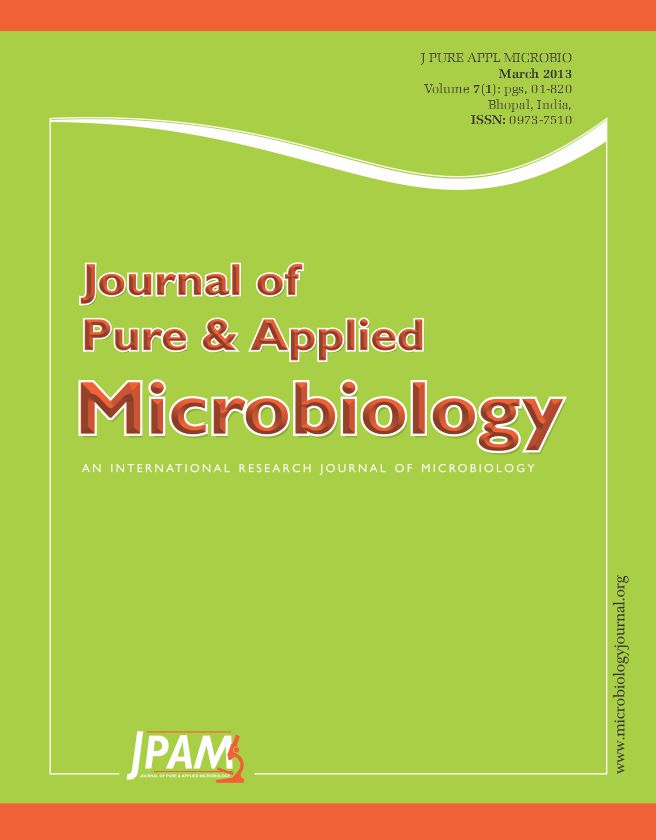Fungi isolated from vermicompost were studied for their phosphate solubilizing potential and antagonistic activity. These microorganisms were grown in vitro for 30 days in Synthetic liquid medium amended with rock phophate and their phosphate solubilizing activity was determined. Rock phosphate solubilization of these isolates ranged from 27.60-67.97%. Among the test fungi, Trichoderma viride has shown the highest potential in solubilizing rock phosphate in the synthetic medium and solubilization of rock phosphate has been observed to be ranging from 40.50-67.97%. For antagonism study (2mm), the test organisms were grown in potato dextrose agar media at 2cm apart from the tea pathogen, Fomes lamaoensis and their antagonistic colony interaction were determined. Aspergillus flavus, Aspergillus niger and Trichoderma harzianum were found to inhibit the growth and overgrew the brown root rot of tea causing organism i.e. Fomes lamaoensis. Trichoderma atroviride and Trichoderma sp. showed mutual intermingling of growth while Trichoderma viride showed intermingling growth in which the pathogen ceased to grow and was overgrown by the antagonist. Therefore, it can be suggested that the organisms showing antagonism to the said pathogen and phosphate solubilization potential may be tried under the field condition in Barak valley where above mentioned pathogen is a serious problem to the tea plantations of the area and faster rock phosphate solubilization is a required of the tea industry at large.
Antagonistic activity, biocontrol in vitro, phosphate solubilization, Rock phosphate, Trichoderma viride and vermicompost
© The Author(s) 2014. Open Access. This article is distributed under the terms of the Creative Commons Attribution 4.0 International License which permits unrestricted use, sharing, distribution, and reproduction in any medium, provided you give appropriate credit to the original author(s) and the source, provide a link to the Creative Commons license, and indicate if changes were made.


